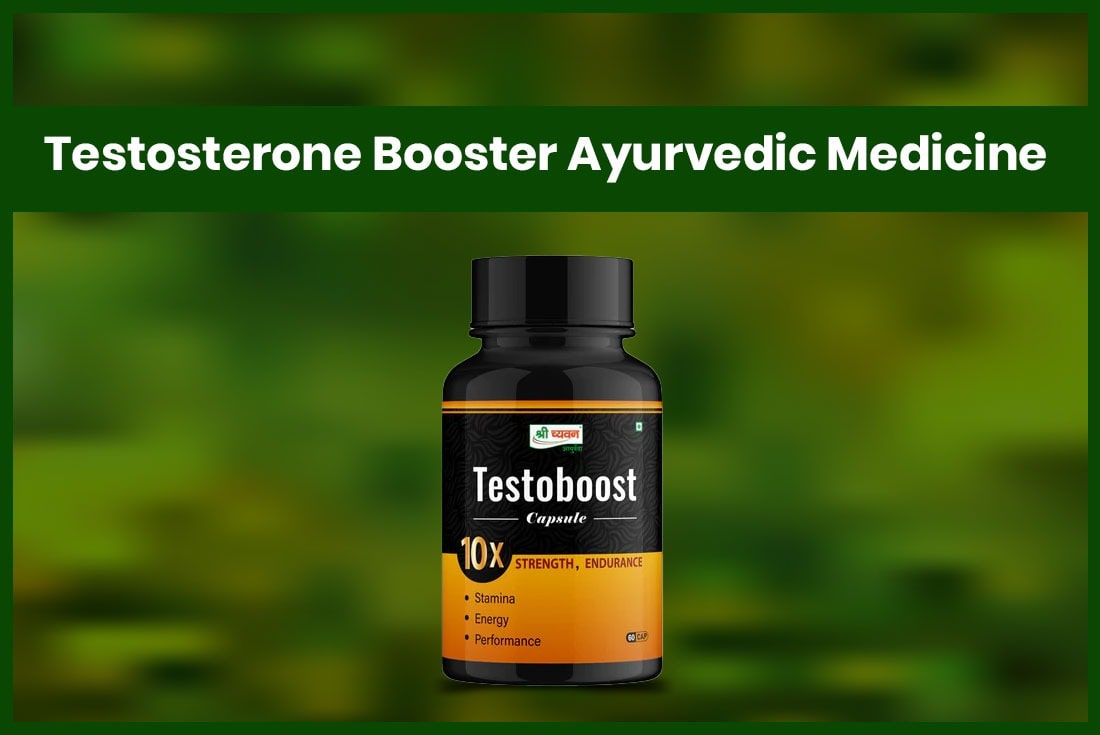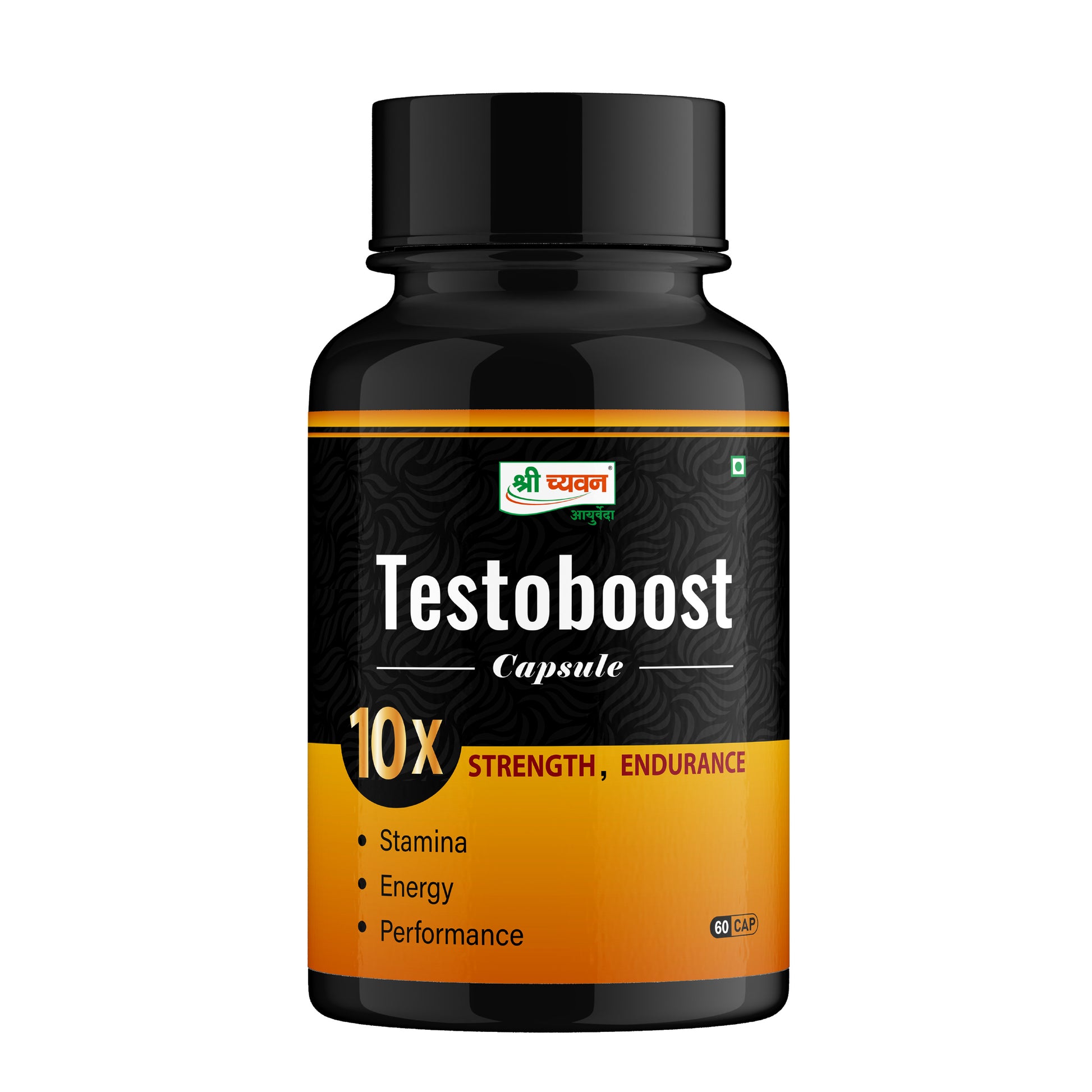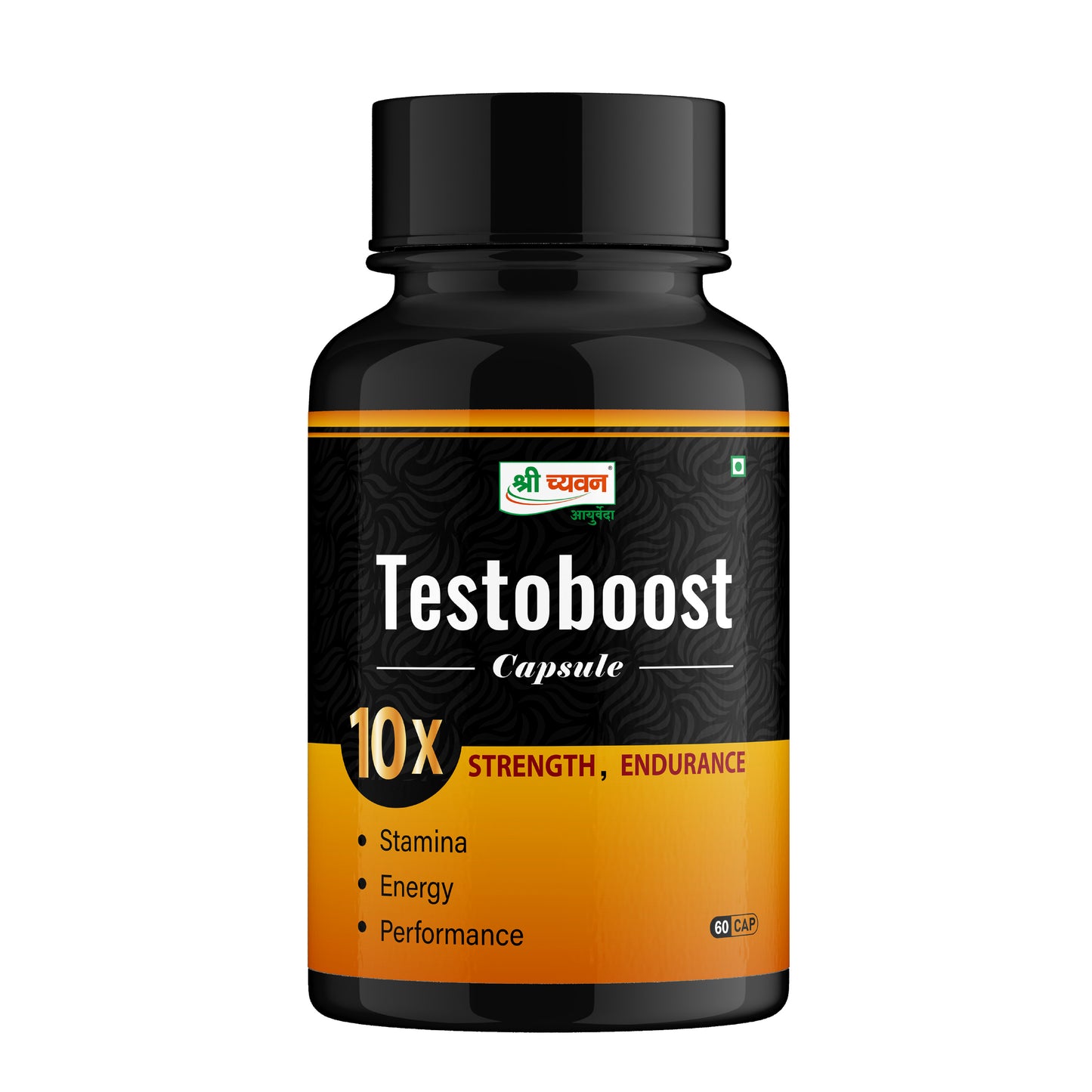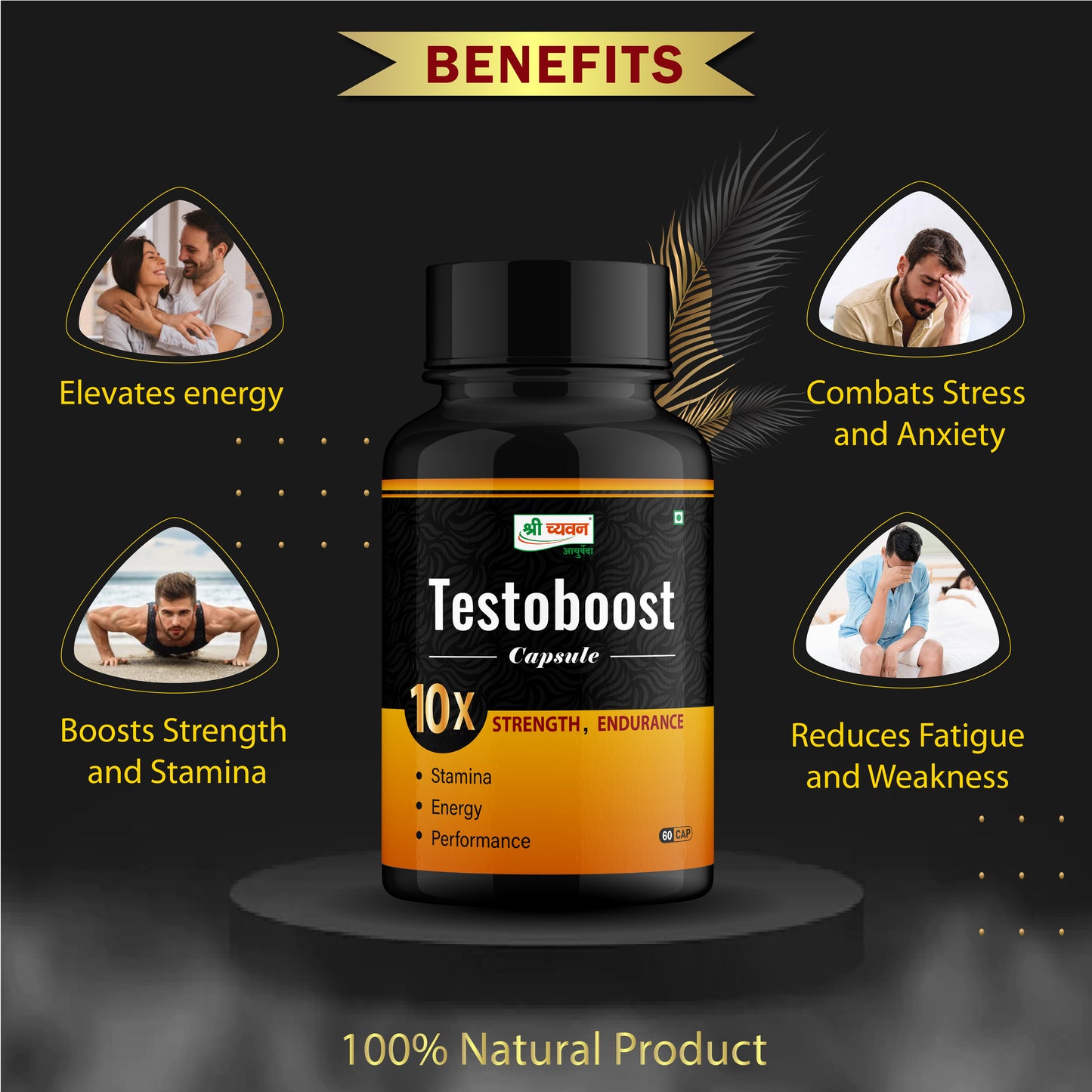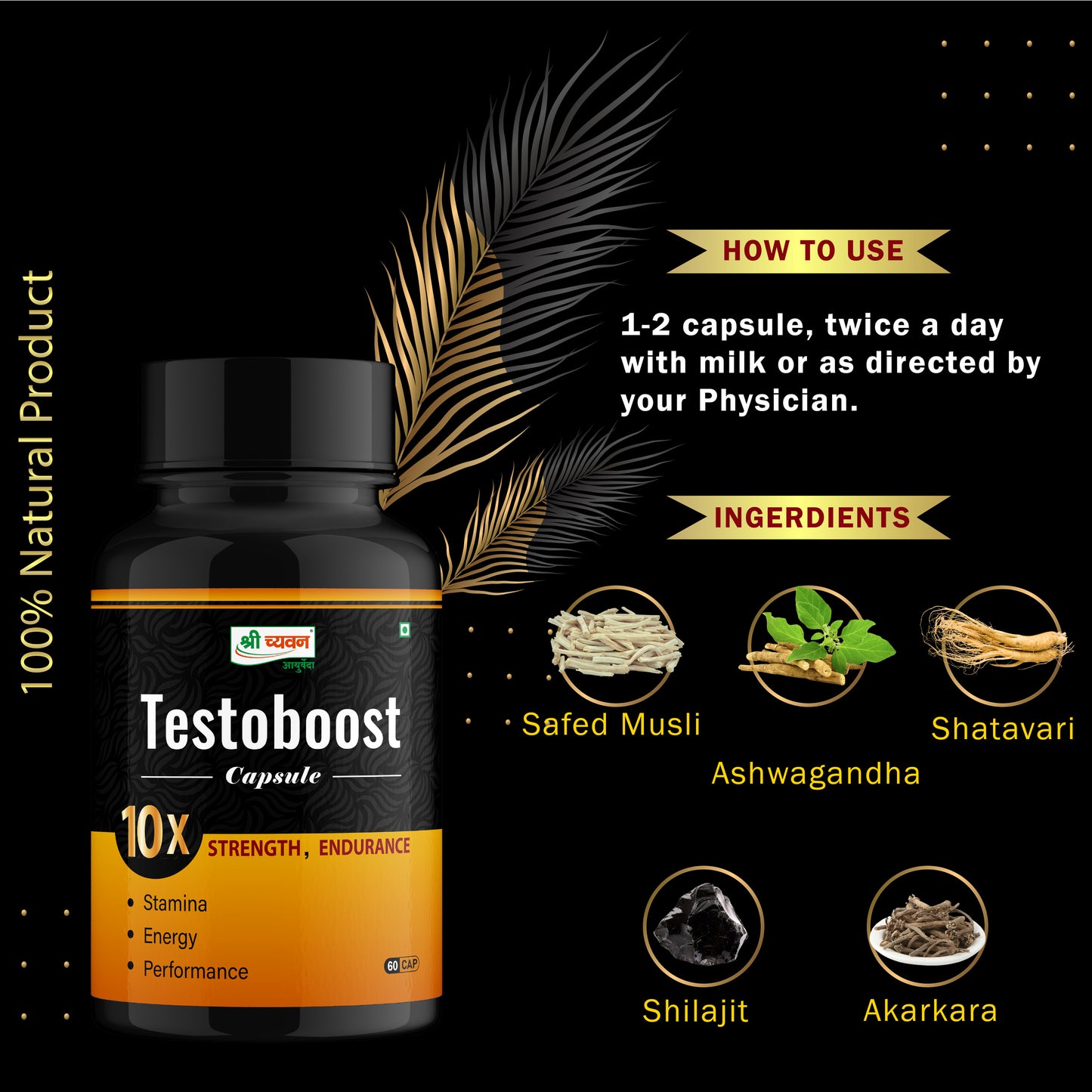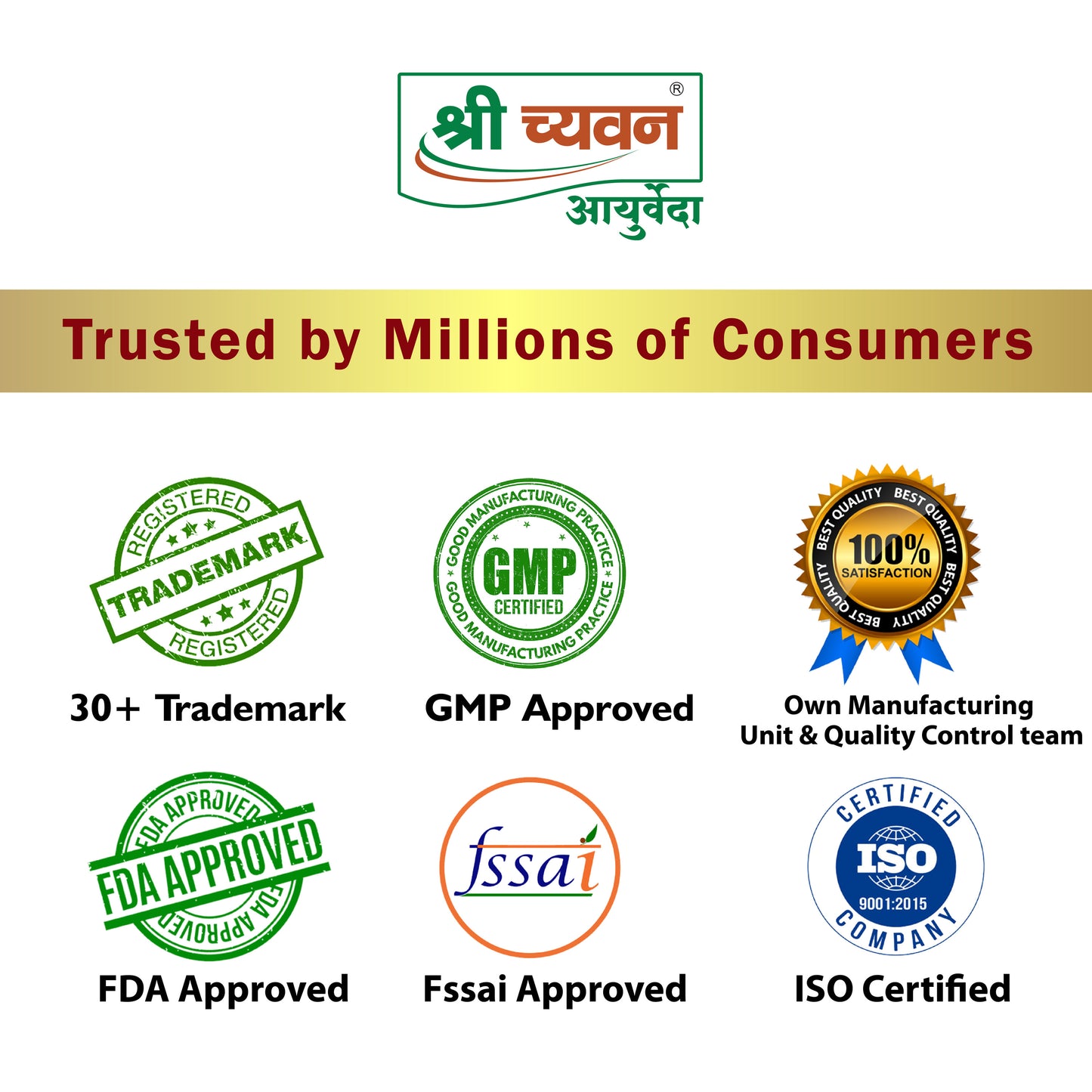In recent years, the topic of male infertility has gained significant attention due to its rising prevalence and impact on couples striving for parenthood. While infertility was traditionally linked to women, current research sheds light on the substantial contribution of male factors. Understanding the causes, the role of testosterone in fertility, and exploring Ayurvedic remedies can provide insights into addressing this growing concern.
Male Infertility: A Rising Concern
An Emerging Issue the World Health Organization (WHO) estimates that approximately 15% of couples globally struggle with infertility, with male factors contributing in nearly half of these cases. Male infertility involves difficulties in conceiving despite regular unprotected intercourse for an extended period, often attributed to problems with sperm production, function, or delivery.
Causes of Male Infertility:
-
Sperm Quality and Quantity: One of the primary causes is poor sperm quality and quantity. Factors like unhealthy lifestyle choices, smoking, excessive alcohol consumption, stress, obesity, and exposure to environmental toxins can adversely affect sperm count, motility, and morphology.
-
Testosterone Imbalance: Testosterone, the primary male sex hormone, plays a crucial role in sperm production. Low testosterone levels, due to various reasons including hormonal imbalances, certain medications, or medical conditions like hypogonadism, can lead to infertility.
-
Genetic Factors: Genetic abnormalities can impact sperm production or function, contributing to infertility issues.
-
Varicocele: This condition involves the enlargement of veins within the scrotum, leading to increased testicular temperature, which can affect sperm production and quality.
- Infections and Health Conditions: Certain infections, such as sexually transmitted infections (STIs), can affect sperm health. Additionally, health conditions like diabetes, cancer, or autoimmune disorders may also contribute to infertility.
The Role of Testosterone in Fertility:
Testosterone, beyond its role in male characteristics, plays a crucial part in sperm production (spermatogenesis) and overall reproductive health. Adequate levels of testosterone are necessary for the development and maturation of sperm cells. It influences libido, erectile function, and the maintenance of reproductive tissues, all vital aspects for successful conception.
Testosterone Ayurvedic Medicine – Testoboost Capsule
Our Ayurveda experts have formulated Testoboost Capsule, helps with problems related to General Debility, Vigor, Premature ejaculation, Erectile Dysfunction, and Physical weakness, etc. It is also recommended as an effective ayurvedic testosterone booster medicine in males thus play a major role in boosting energy, stamina, physical and sexual strength.
Testoboost Capsule Ingredients: It consists of Safed Musli, Ashwagandha, Tongkat Ali, Shatavari, Shilajit, Ginseng, Akarkara, Kesar, etc.
Testoboost Capsule Benefits:
-
Boosts stamina and energy: Testoboost Capsule effectively helps boosting stamina and energy with its active herbal ingredients.
-
Removes Fatigue: An effective testosterone booster ayurvedic medicine helps removing fatigue and weakness.
-
Reduces Stress and Anxiety: It helps to combat stress, and weakness for General Debility, Vigor, and Stamina. It is made using powerful herbal and ayurvedic ingredients.
-
Elevates immunity and energy: It effectively helps in enhancing immunity and strength and gives energy.
- Natural Product: Testoboost Capsule helps to solve all your physical issues and is made of all-natural and pure ingredients.
How to use: 1-2 capsules, twice a day with milk or as directed by your Physician.
Foods to boost Testosterone Levels: Boosting testosterone naturally can involve incorporating specific foods into your diet that are rich in nutrients essential for hormone production and regulation. Here's a list of foods known for their potential to support healthy testosterone levels:
-
Oysters: Rich in zinc, which is crucial for testosterone production, oysters can be highly beneficial.
-
Lean Meats: Chicken, turkey, and lean cuts of beef are good sources of protein and zinc, both important for testosterone.
-
Eggs: Egg yolks contain vitamin D, cholesterol, and other nutrients vital for testosterone synthesis.
-
Fish: Fatty fish like salmon, mackerel, and sardines are high in omega-3 fatty acids and vitamin D, contributing to healthy testosterone levels.
-
Nuts and Seeds: Almonds, walnuts, sunflower seeds, and pumpkin seeds provide healthy fats, zinc, and other nutrients beneficial for testosterone.
-
Cruciferous Vegetables: Broccoli, cauliflower, and cabbage contain indole-3-carbinol, which may help manage estrogen levels, indirectly supporting testosterone.
-
Garlic: Contains allicin, which has been linked to increased testosterone levels and improved sperm quality.
-
Leafy Green Vegetables: Spinach, kale, and Swiss chard are rich in magnesium, which plays a role in testosterone production.
-
Fruits: Citrus fruits like oranges and tangerines are high in vitamin C, which might help reduce cortisol levels and preserve testosterone.
-
Pomegranates: Known for their antioxidant properties, pomegranates might increase testosterone levels and improve sperm quality.
-
Beans and Legumes: Lentils, chickpeas, and beans provide plant-based proteins, fiber, and zinc that support overall hormonal health.
-
Avocado: Rich in healthy fats, avocados can positively impact testosterone production.
- Extra Virgin Olive Oil: Healthy fats in olive oil can assist in hormone production and regulation.
Other Ayurvedic Remedies for Male Infertility:
Ayurveda, an ancient Indian system of medicine, offers holistic approaches to address male infertility concerns. Ayurvedic remedies focus on balancing energies (doshas), incorporating dietary changes, lifestyle modifications, and herbal supplements to improve overall health and reproductive function.
-
Herbal Supplements: Ashwagandha (Withania somnifera), Shatavari (Asparagus racemosus), and Safed Musli (Chlorophytum borivilianum) are renowned Ayurvedic herbs believed to enhance male reproductive health by boosting testosterone levels, improving sperm count, and reducing oxidative stress.
-
Diet and Lifestyle: Ayurveda emphasizes a balanced diet and lifestyle changes. Recommendations often include consuming nutritious foods, practicing yoga or meditation to manage stress, avoiding smoking and excessive alcohol, and maintaining a healthy body weight.
- Panchakarma: Ayurvedic detoxification procedures like Panchakarma aim to eliminate toxins from the body, promoting overall well-being and potentially improving reproductive health.
Male infertility poses a significant challenge to couples aspiring for parenthood. Understanding the multifaceted causes, including sperm quality, hormonal balance, and lifestyle factors, is crucial. Testosterone's pivotal role in sperm production highlights its significance in addressing fertility concerns among men. Exploring Ayurvedic remedies, focusing on holistic approaches to improve overall health and reproductive function, offers promising avenues for managing male infertility issues and supporting couples in their journey towards conception.
In conclusion, ayurvedic testosterone booster serves as a natural way to support healthy testosterone levels. Opting for nutrient-rich choices such as lean meats, fish, nuts, seeds and various fruits and vegetables not only aids in testosterone production but also contributes to overall well-being. However, it's crucial to remember that dietary changes are just one aspect of maintaining hormonal balance. A holistic approach that includes regular exercise, sufficient sleep, stress management and consulting with healthcare professionals for personalized guidance is key to fostering optimal hormonal health and overall wellness.

